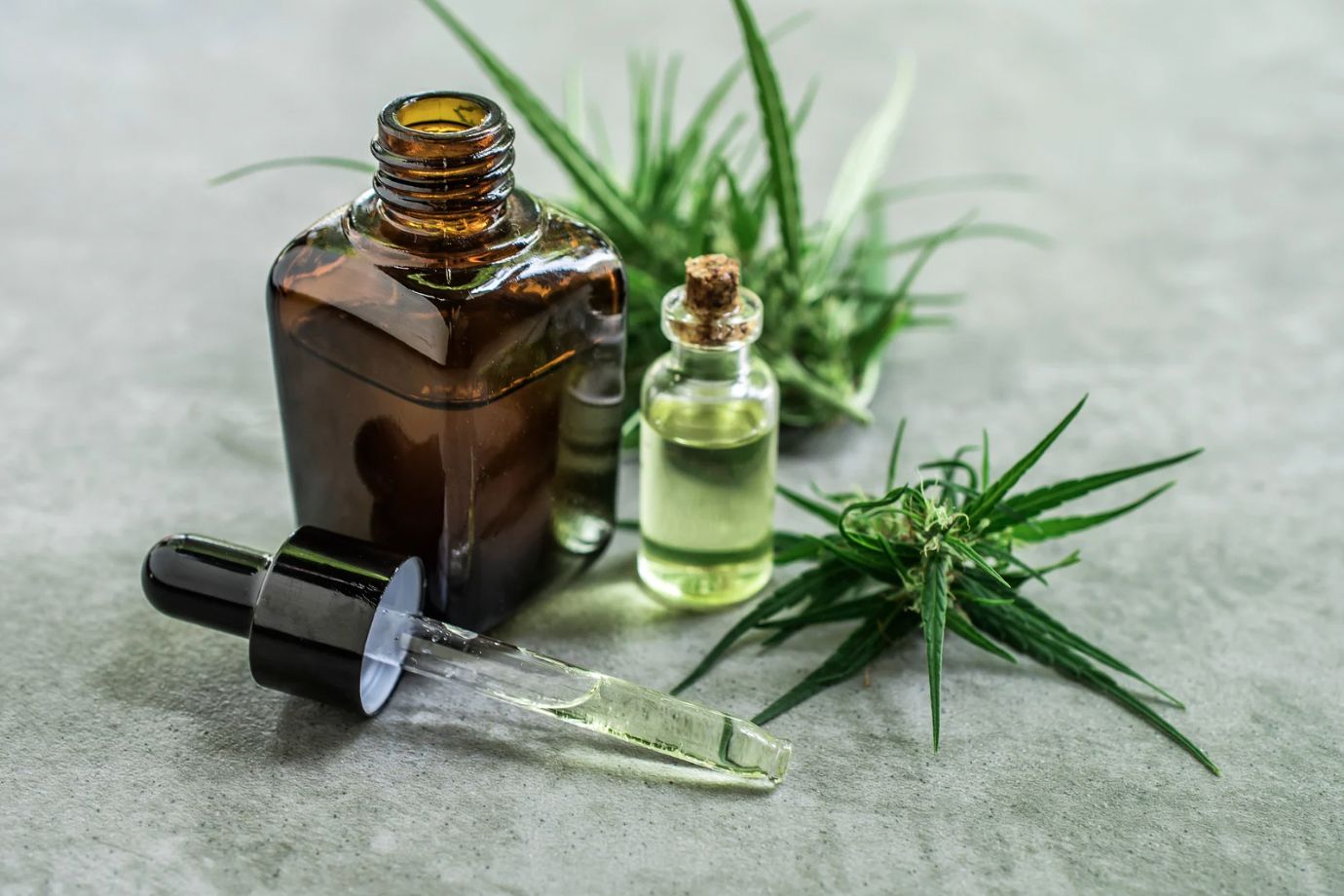Cannabinoid Tolerance
All Blog PostsCannabinoid Tolerance
Delta-9-tetrahydrocannabinol (THC) is one of the only plant cannabinoids known to induce tolerance in individuals. When THC interacts with the cannabinoid receptors located in various regions of the brain, it alters cellular messaging and provides the well-known benefits of decreasing pain, alleviating anxiety, promoting sleep, enhancing appetite, and numerous other effects. However, prolonged exposure to higher doses of THC can lead to down-regulation of cannabinoid receptors, resulting in the development of tolerance. Fortunately, THC tolerance is reversible.
The definition of tolerance is, "a reduced reaction to a drug following its repeated use." Often when tolerance to a drug occurs, a higher dose is required to achieve the same effects that a lower dose previously provided. Why does this happen?
The answer lies in the physiology of the endocannabinoid system (ECS), a ubiquitous and essential regulatory system that exists throughout the brain and body. The job of the ECS is to promote homeostasis, that is, balance of the messages that cells send to each other, regulating many important functions such as sleep, pain, appetite, mood, learning, fear, memory, gut function, immune function and many other important physiologic processes. The ECS is made up of cannabinoid receptors (Type 1 and Type 2), which act as "locks" on cell membranes, and endocannabinoids, "inner cannabis" compounds produced in our cells that act as "keys" to the cannabinoid receptor "lock." This system is the most widespread receptor in our brain! We are constantly releasing small amounts of endocannabinoids to maintain homeostasis as we move through life, and in situations where we have stressors, such as traumatic insult, inflammation, or illness, we make more endocannabinoids to respond to these challenges. Having a well-functioning ECS is critical to maintaining good health.
THC binds to cannabinoid receptors, mimicking our endocananbinoids. Frequent use of THC, especially in high doses, can cause cannabinoid receptors to move from the cell membrane into the cell itself, where THC is no longer able to bind into it. This process is called down-regulation of the cannabinoid receptor. A small amount of tolerance is actually beneficial for someone using THC-rich cannabis for medical indications as it can widen the therapeutic range of THC, enhancing the effects while minimizing any unwanted effects. However, high tolerance is often unwanted as the THC consumer no longer feels the same effects as they did with a lower dose, and although raising the dose may overcome tolerance, eventually the desired effects are no longer experienced.
Fortunately, THC tolerance is reversible. A human study published in 2012 demonstrated down-regulation in chronic heavy THC users. When measured, this group had about 20% less receptors in certain areas of the brain, namely the neocortex (responsible for sensory perception, cognition, spatial reasoning, language, and generation of motor commands) and the limbic cortex (responsible for emotion, memory, motivation and other important brain functions). The researchers reported that those who were long time users of high-dose THC had more down-regulation of their cannabinoid receptors than those who used THC for a shorter duration. Additionally, this study documented that THC tolerance is regionally selective, meaning tolerance may develop at varying rates in different brain regions.
In a 2016 human study of THC tolerance, similar findings of down-regulation of cannabinoid receptors were documented in almost all brain regions where cannabinoid receptors exist. When the researchers instructed the chronic heavy users to abstain from THC for 2 days, they noted that the cannabinoid receptors up-regulated, that is, they moved from inside the cell back to the cell membrane position. When compared to non-users, after the two days of abstinence, there was no statistically significant difference in the number of cannabinoid receptors. Simply stated, two days of abstinence can reverse THC tolerance and cannabinoid receptor availability is similar to non-THC consumers.
Clinically, many cannabis experts recommend extending abstinence for a few more days to allow cannabinoid receptors to re-establish. The reason behind this suggestion is that we have cannabinoid receptors so that our ECS can deal with stressors that come our way - this is crucial to our well-being. Down-regulating our cannabinoid receptors and maintaining them in this lessened state may lead an inability for our endocannabinoid system to function properly, leaving us vulnerable to various stressors and may lead to unwanted consequences, such as increased anxiety, insomnia, poor appetite, etc.
The way to identify tolerance is to simply assess how much THC is needed to achieve previous effects or duration of effects. If a current dose is not providing the desired benefits, tolerance is likely present and it may be time for an abstinence break. Be aware that after taking a break, cannabinoid receptors up regulate, creating more sensitivity to THC so it is recommended to use less THC when restarting.
Interestingly, cannabidiol (CBD) has been shown, when taken in combination with THC, to mitigate the development of THC tolerance. CBD alters how tightly THC binds to cannabinoid receptors and can be used for this purpose. Studies on patients with multiple sclerosis who use a one-to-one ratio of CBD to THC did not develop a tolerance to the THC effects. It's important to note that there is no evidence that CBD use causes tolerance.

